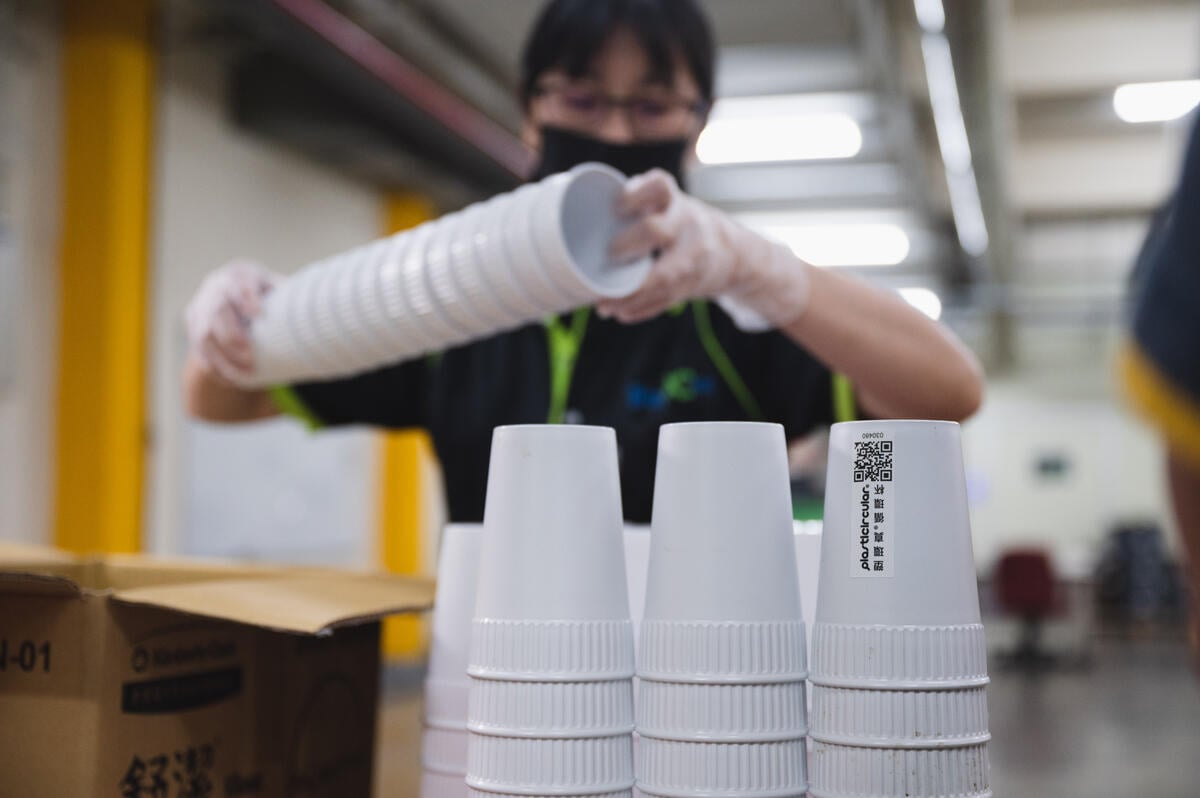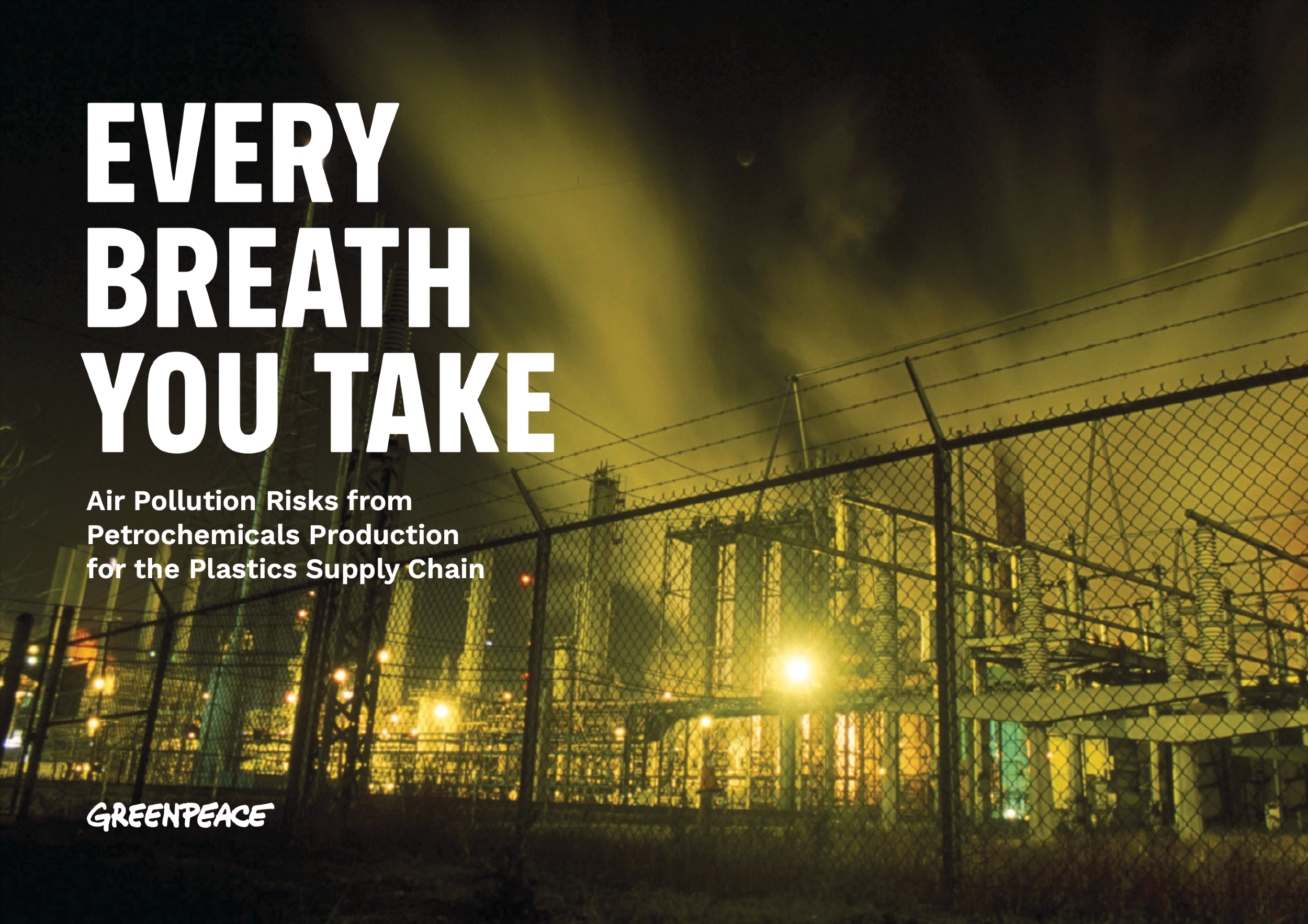In November 2023, Greenpeace UK released a powerful report calling out Unilever and their Dove brand for hypocrisy — denouncing toxic beauty standards while perpetuating environmental racism. It exposed Unilever as the world’s biggest corporate seller of plastic sachets and revealed that the consumer giant sells a whopping 1,700 plastic sachets around the world every single second. That’s enough sachets sold per year to wrap around the Earth 100 times if you line them up side by side.
These tiny plastic sachets have been hugely controversial for decades because of the widespread harm and destruction they cause, especially in Global South countries without adequate waste infrastructure. Because they are made from a multi-layered mix of plastics and other materials, and are usually small in size, they are valueless to recyclers and largely not collected. Instead, they either end up polluting rivers and oceans, or used as fuel on open fires or cement kilns, releasing toxic chemicals into the air as they burn. In Indonesia, sachet waste makes up 16% of all plastic waste and in an audit of efforts to remove the plastic waste clogging rivers in Bali, Unilever was found to be the largest source of sachet pollution.
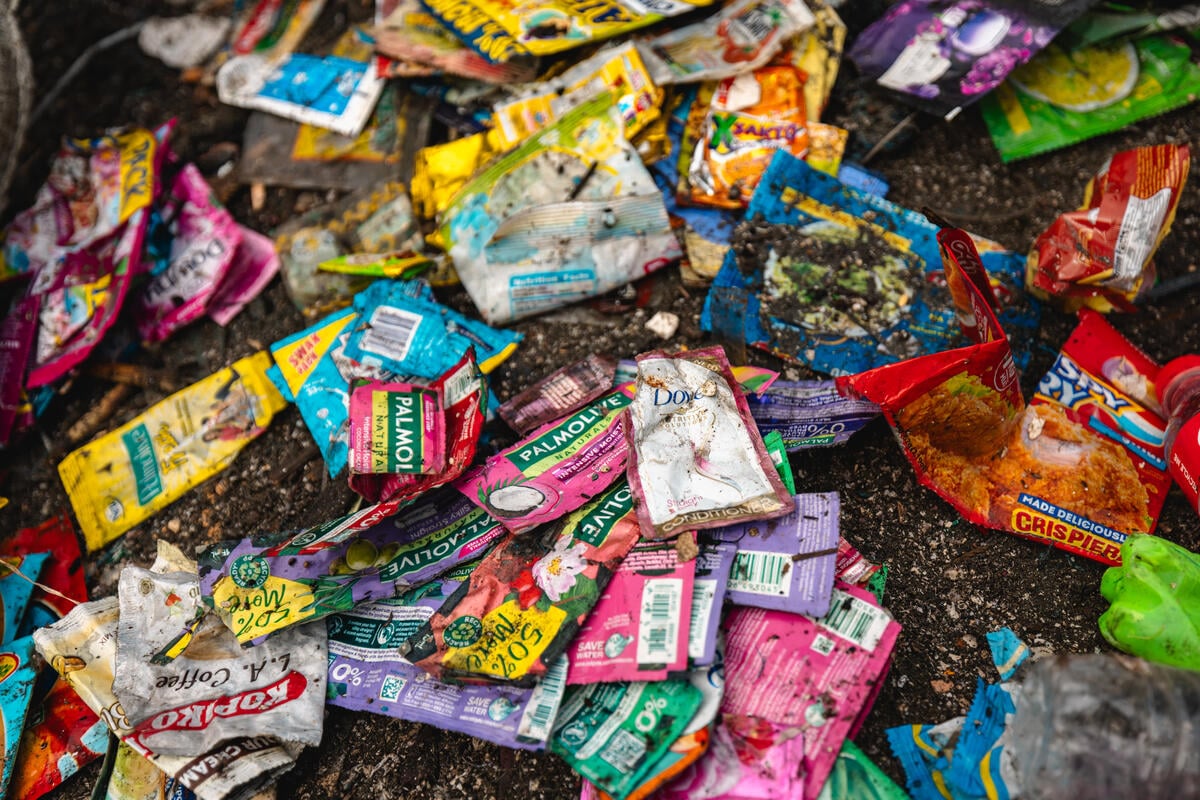
Since the campaign launch, over a million people around the world have taken online and offline action demanding that Dove and Unilever ditch plastic sachets and invest in reuse and refill. They have emailed Unilever’s CEOs, marked Dove and Unilever products in stores with anti-plastic pollution stickers, and taken actions that deliver messages directly to senior staff at both national and global Unilever HQs. In parallel, Greenpeace offices have been working with regional governments and allies to prove the effectiveness of reuse and refill-based alternatives to sachets, with the bigger goal of advocating for wider changes. Greenpeace Philippines’ Kuha sa Tingi project, which provides people in Manila with affordable, accessible and environmentally friendly alternatives to single-use plastic sachets, provides a strong case for how refill and reuse systems can be integrated into sari-sari stores (neighbourhood shops) and still be economically sustainable.
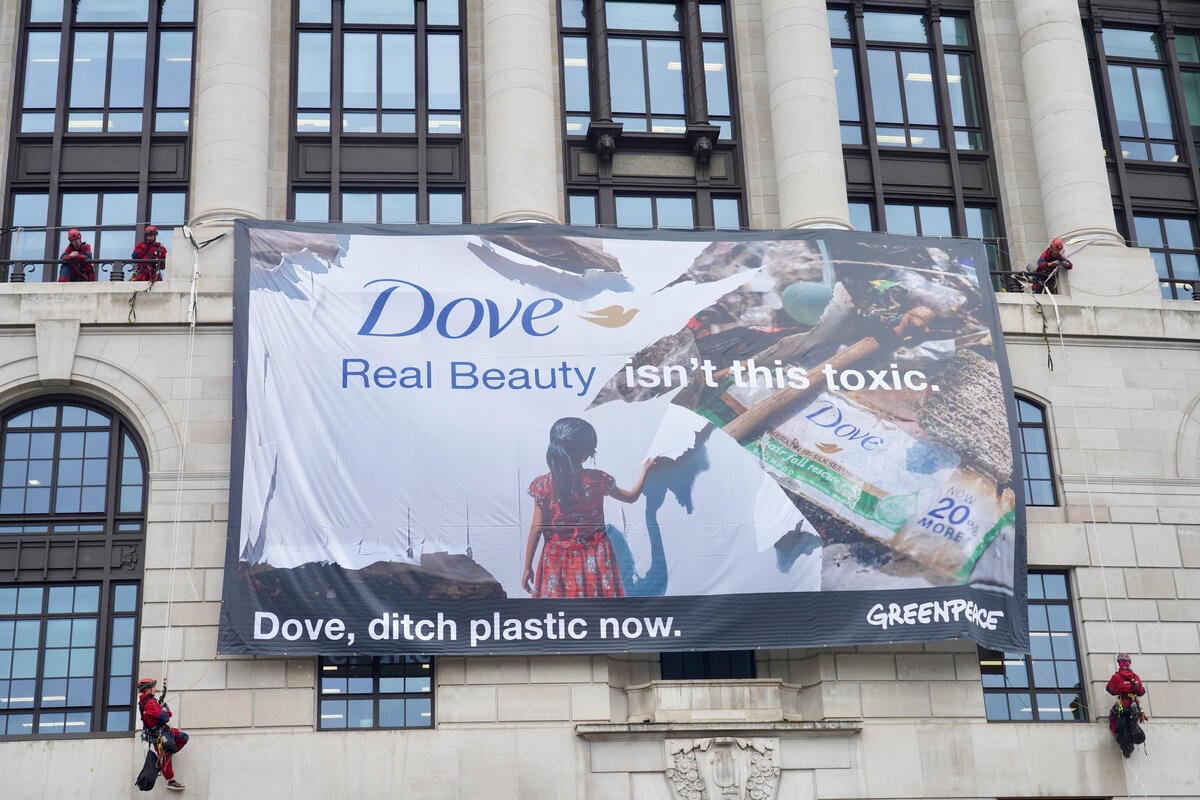
Some things have shifted as a result of all of this focused effort. Unilever has now put its weight behind the Global Plastics Treaty delivering reductions in plastic production. This display of support is an essential move in our fight for tackling the plastics problem — especially because petrochemical companies have been blocking efforts to curb plastic production. Unilever is also currently exploring multi-company reuse focused projects in places like Indonesia and Canada that can work at scale, including ones that could replace sachets entirely.
Sadly, we still have ZERO action on the crucial call to urgently ditch plastic sachets.
We decided to calculate what this meant in terms of real world impact. Our analysis concludes that in the 608 days since our campaign launch, Unilever has sold a mind melting additional 89 billion plastic sachets (89,303,040,000) worldwide.
How many people have gotten sick from the air pollution arising from these plastic sachets being burned? How many children have suffered from malaria after they blocked waste water drains? How many rivers, streams and oceans have these sachets polluted, and how many more creatures have been impacted? That is impossible to quantify.
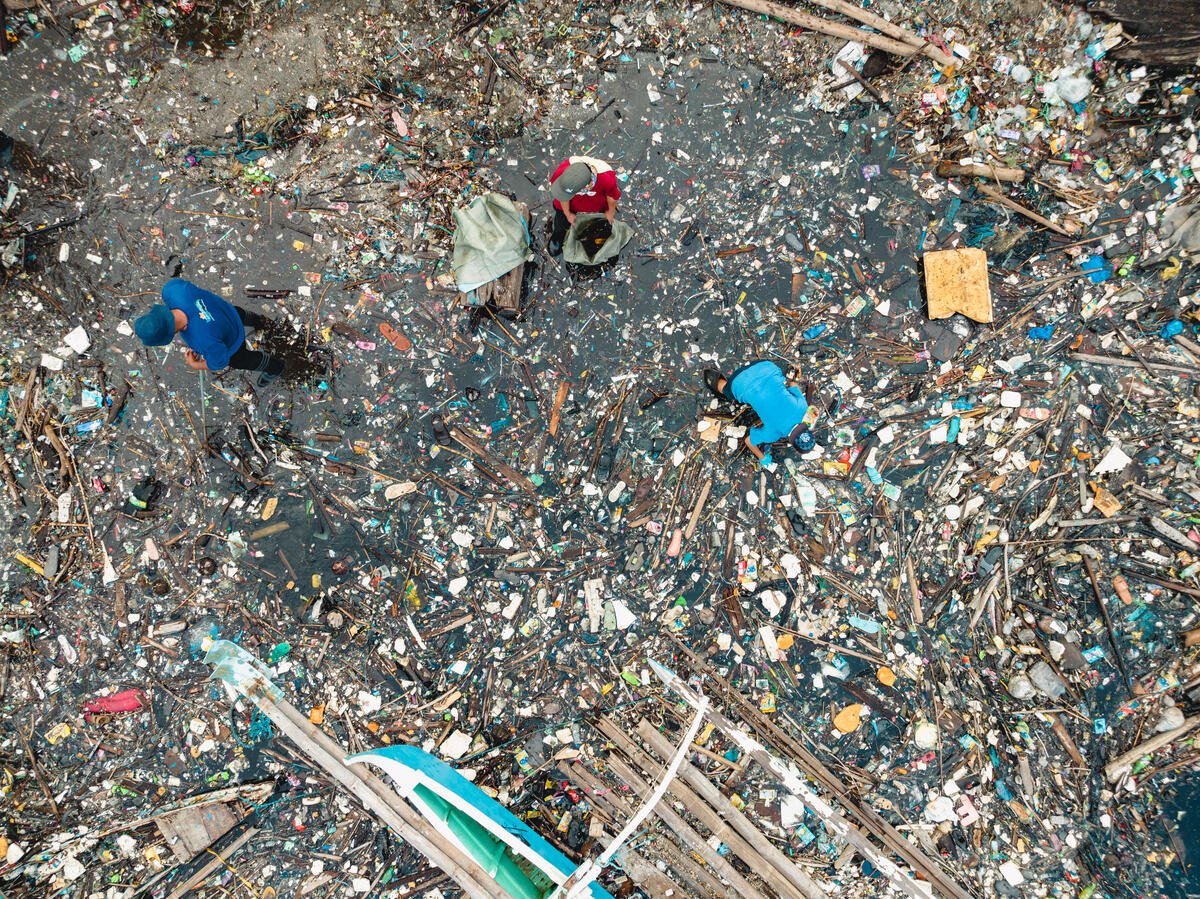
In 2019, Unilever’s then President for Global Food & Refreshments referred to multi-layer plastic (which includes sachets) as ‘evil’. Since then, they have sold about 321 billion more.
During our first meeting with Unilever back in 2017, we were told that the company was prioritising tackling sachet pollution — and yet, they continued to produce billions of these sachets.
How is it that we keep seeing the same pattern: recognize that there is a problem, understand public demand for change, and then consistently fail to take meaningful action?
For a company that likes to present itself as a leader on sustainability, Unilever’s continued reliance on sachets raises a serious question to their commitment to a greener future. It’s past time for them to step up and take action.
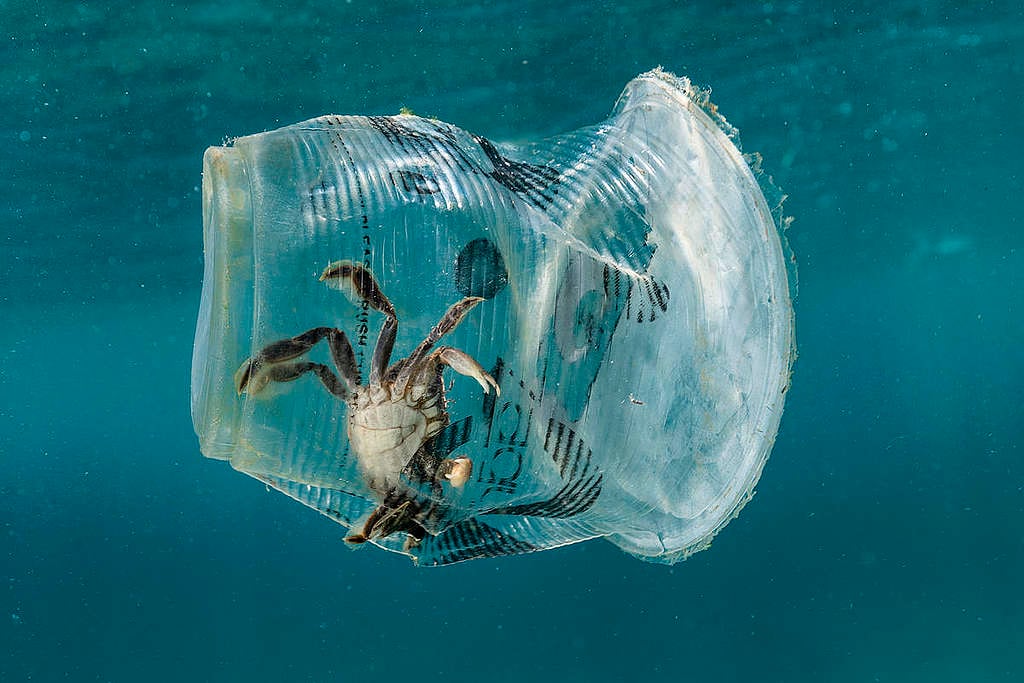
Ask world leaders to support a strong Global Plastic Treaty that addresses the whole life cycle of plastic.
Take actionLouise Edge is a Corporate Strategist for the Plastic Free Future Campaign at Greenpeace UK.


